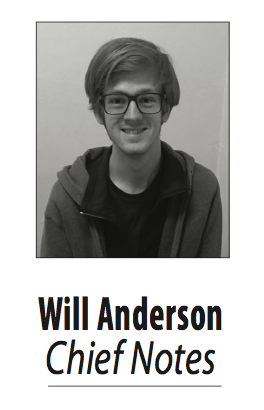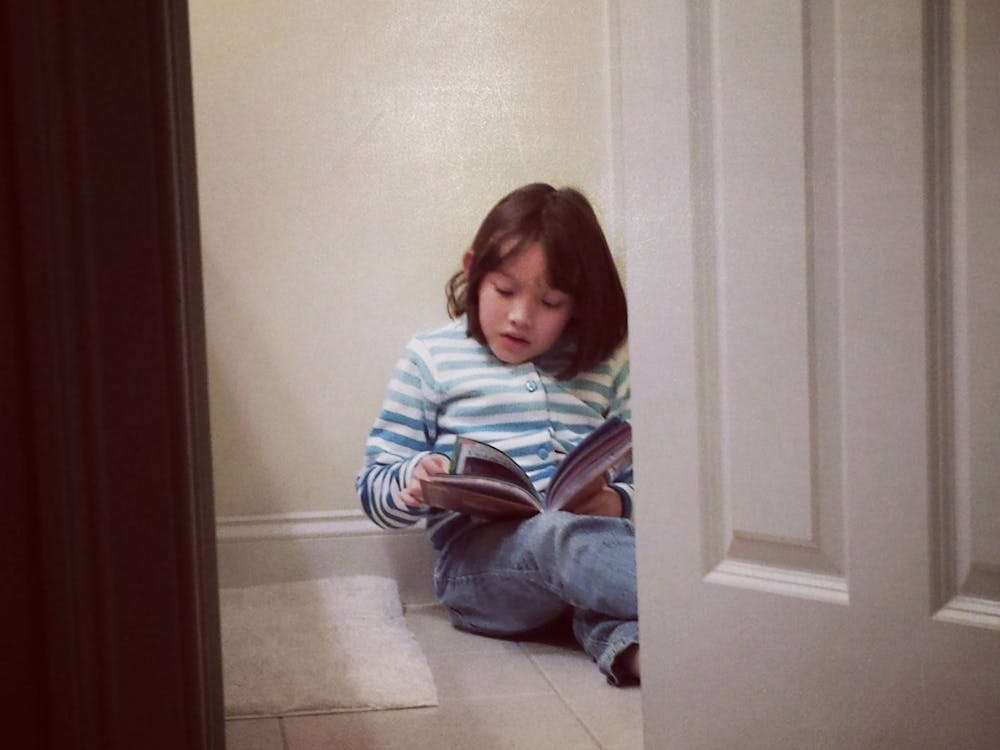
We all suffer from severe fear of missing out, or FOMO, and it’s only getting worse.
My own fear of missing out has never been more acute. Next year, I’m moving abroad, leaving some of my best friends and the newspaper that I love. I know that as I’ll be adjusting to a new life, a new language and a new school environment, I’ll see my friends’ happy posts on social media, read their heartfelt messages and get sad. I’ll miss out on a lot.
Hopkins students are ambitious. We like to think that we work hard and play hard, multitask and stress. We continue to take on more and more because, for many of us, if we don’t seize every opportunity, someone else will. It’s all an unhealthy competition.
We all need to realize that we can’t do everything at once. We have to pick and choose, and we can’t have it all. And that’s especially the case with our social lives.
We know that social media and our public personas tell only half of the story. We forget that for every happy picture at that party, there were 20 hours writing a grueling paper or completing a tough problem set.
But even knowing this, constant communication and instantaneous connection to our entire social sphere make it harder than ever to remember to stop and appreciate what we already have. We may always want to go on to the next thing, but we should enjoy the good moments while they’re still good. We miss out on the present when FOMO always has us searching for the bigger and the better.
Leaving Hopkins is hard for some and a breeze for others, but we’ve all formed incredible, life-long relationships with our peers and mentors. We love to complain, but even the most bitter will miss something about Hopkins.
I’ve experienced moments of euphoria and soul-crushing despair, but I’ve done it with my peers. I’m afraid of missing out on those moments, living together with friends, celebrating and suffering together.
Still, I’m glad that I’m afraid of missing out because it shows that my experiences, both the highs and the lows, have made me grow. I came here as a scared teenager and leave as a slightly less scared young adult. I’ve learned so much about myself and my friends along the way.
But we all have to move on. We can’t get to every club meeting, to every party, to every class. And moving on has never been harder. Instantaneous connection to our friends from high school and college and to our families has undoubtedly made our lives better. We should appreciate all of these new communication platforms, whether they be through social media or our ubiquitous smartphones, that our digital age has made available.
But we can go too far in fighting our FOMO. We need to strike a healthy medium between holding too tightly onto the comforts of the past and striving aggressively toward an unclear and bright future. If we don’t, we can lose the present.
It’s important to fear missing out. It’s proof that our lives are worth living. But at the same time, we can’t let the overwhelming present obscure our past or our path forward. It’s difficult to appreciate the past, the future and the present all at the same time, and we will all fail along the way. I know that I have.
Enjoying my last few months at Hopkins while honoring the past and optimistically looking toward the future has been challenging, sometimes overwhelming. My own fear of missing out has stopped me from savoring my last semester, as I run from class to class, meeting to meeting, afraid that I’ll miss a joke.
But as I approach the end of my last semester here, I’ve decided to challenge myself: to take a lot of breaks, to savor my friends and mentors and their remarkable intelligence, to live in the present while appreciating how I got here and where I’m going. And I’m going to try not to let my own FOMO get in the way.
As midterms, like circles, never end, and as the semester rapidly comes to a close, I challenge all of us, those leaving and those not, to live in the present, but not exclusively. We’re all going to fear missing out when we leave. Some of us already fear missing out on the future here at Hopkins. But we can’t let that fear ruin our future or cloud our past.
So let’s strive for a healthy, realistic FOMO, one that reminds us of the good in our past but also reminds us to embrace our new present.




